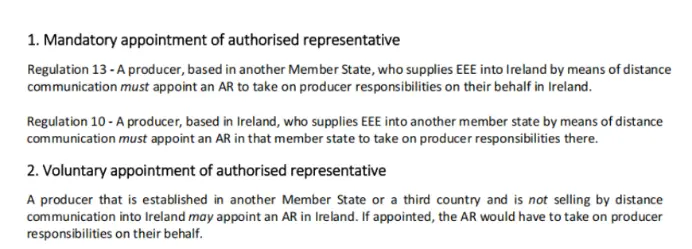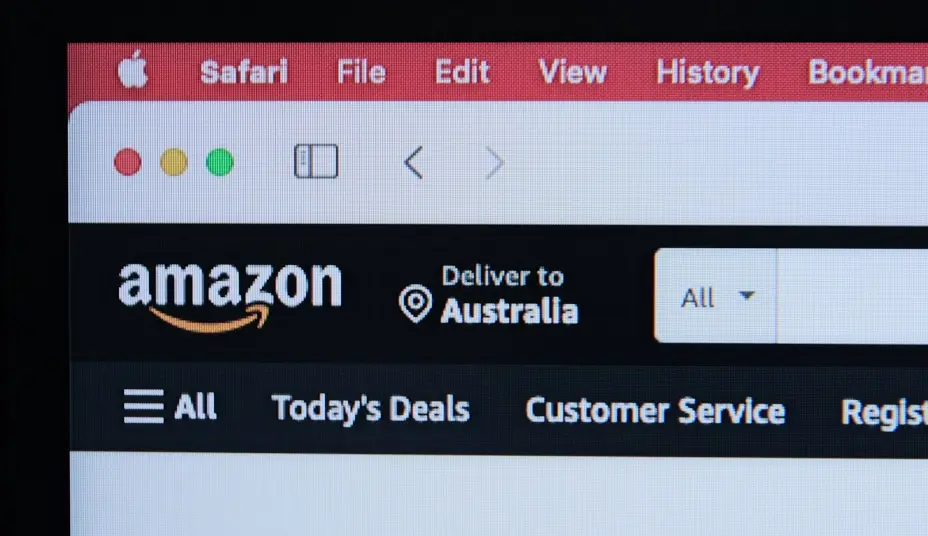
UN 38.3 Lithium Battery Shipping Compliance Guide 2025
If you plan to ship lithium batteries to the United States, European Union, United Kingdom, or Canada, please be aware that lithium batteries pose risks such as explosion or fire, and their transportation is subject to certain restrictions.
This guide explains the un 38.3 compliance requirementsthat importers and manufacturers need to understand in practice. Please note that other markets may also regULate lithium battery shipments.

What is UN 38.3?
UN 38.3 is a subsection of Part III of the United Nations Manual of Tests and Criteria, covering safety requirements for the transportation of lithium metal and lithium-ion batteries.
For example, the U.S. Hazardous Materials Regulations (HMR) in 49 CFR Part 173 provides specific rules related to this.
This standard sets parameters for compliance in air transport of lithium batteries, including testing, documentation, and labeling requirements, mainly covering:
1. Class 9 hazardous materials (including lithium metal and lithium-ion batteries)
2. Test methods and classification
It also complements national or international regulations based on the Globally Harmonized System of Classification and Labeling of CheMICals (GHS).
General Requirements
As an importer or manufacturer shipping lithium metal or lithium-ion batteries by air, you need to:
1. Test batteries according to UN 38.3 to ensure safety
2. Provide corresponding test reports
3. Comply with labeling, documentation, and packaging requirements
The following markets require adherence to lithium battery shipping regulations:
1. United States
2. European Union
3. Canada
4. United Kingdom
For example, the U.S. requires compliance with Hazardous Materials Regulations.
Does the United States Require UN 38.3 Compliance?
The U.S. requires importers and manufacturers to comply with UN 38.3 when shipping lithium batteries by air.
Hazardous Materials Regulations:
Ensure lithium batteries or products containing batteries meet un 38.3 standards when air shipping.
Product Scope:
Covers lithium batteries and battery packs.
Specific Lithium Battery Requirements (49 CFR Part 173):
1. Compliance with un 38.3 testing and manufacturing standards
2. Accompanied by a test summary including the test report and UN Manual references
3. Packaging must meet drop test and other standards
4. Packaging labeled with lithium battery marks and corresponding UN numbers (e.g., "UN3091" for batteries contained in equipment)
Federal Aviation Administration (FAA):
Provides safety alerts regarding risks in shipping lithium batteries, such as FAA Safety Alerts (10017) and (16001).
Does Canada Require UN 38.3 Compliance?
Canada requires lithium batteries to comply with UN 38.3 when transported.
According to the Transportation of Dangerous Goods Regulations Section 2.43.1, lithium batteries must:
1. Pass applicable UN 38.3 tests
2. Have a safe venting device
3. Be designed to prevent violent rupture under normal transport conditions
4. Prevent external short circuits
5. Include diodes or fuses to prevent dangerous reverse currents
Does the European Union Require UN 38.3 Compliance?
The EU mandates that dangerous goods, including lithium batteries, comply with UN 38.3 standards.
1. According to Article 4 of the Inland Transport of Dangerous Goods (ITDG) Directive, shipments must conform to the European Agreement concerning the International Carriage of Dangerous Goods by Road (ADR).
2. ADR further requires compliance with UN 38.3 standards.
3. The ECHA website provides the ADR list of dangerous goods, including:
a. Lithium-ion batteries
b. Lithium alloy batteries
c. Lithium batteries packed in or with equipment
Does the United Kingdom Require UN 38.3 Compliance?
The UK Civil Aviation Authority (CAA), referencing the International Civil Aviation Organization (ICAO) Technical Instructions for the Safe Transport of Dangerous Goods by Air, requires lithium batteries shipped by air to comply with UN 38.3.
Does Amazon Require UN 38.3 Compliance?
If you sell lithium batteries or lithium battery products on Amazon, you must:
1. Comply with UN 38.3 requirements
2. Conduct standardized testing to confirm product safety
3. Upload test summaries to prove compliance
Additional requirements (such as watt-hour energy limits) may also apply.
JJR Laboratory in China offers UN 38.3 testing services. Please feel free to contact us.
Email:hello@jjrlab.com
Write your message here and send it to us
 Irish Battery Act Requires an Authorised Represent
Irish Battery Act Requires an Authorised Represent
 Swedish Battery Act Requires an Authorised Represe
Swedish Battery Act Requires an Authorised Represe
 Amazon TIC Provider
Amazon TIC Provider
 Amazon Battery and Charger Requirements
Amazon Battery and Charger Requirements
 Amazon Japan METI A Domestic Administrator Service
Amazon Japan METI A Domestic Administrator Service
 What is "Amazon Japan PSE: A Domestic Adminis
What is "Amazon Japan PSE: A Domestic Adminis
 What Does "ASTM F963-17 Certified" Mean?
What Does "ASTM F963-17 Certified" Mean?
 ASTM F963 Board Games Compliance Testing
ASTM F963 Board Games Compliance Testing
Leave us a message
24-hour online customer service at any time to respond, so that you worry!




